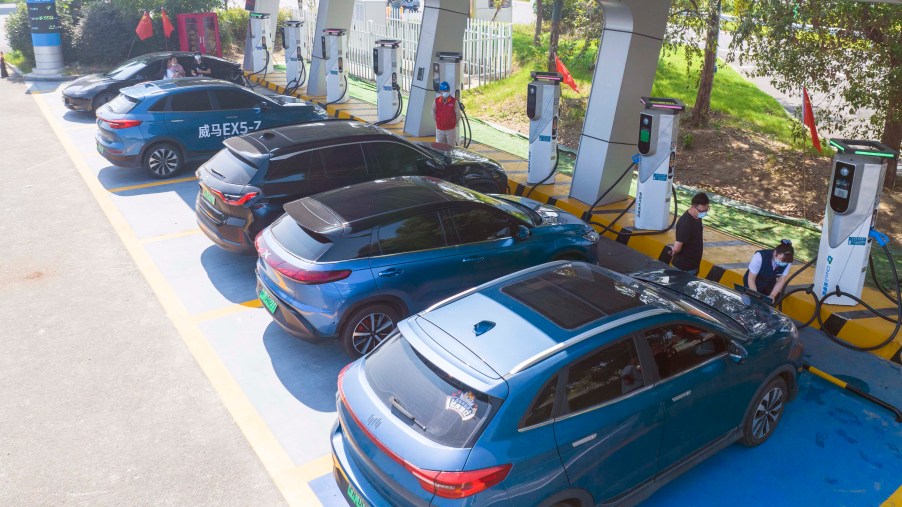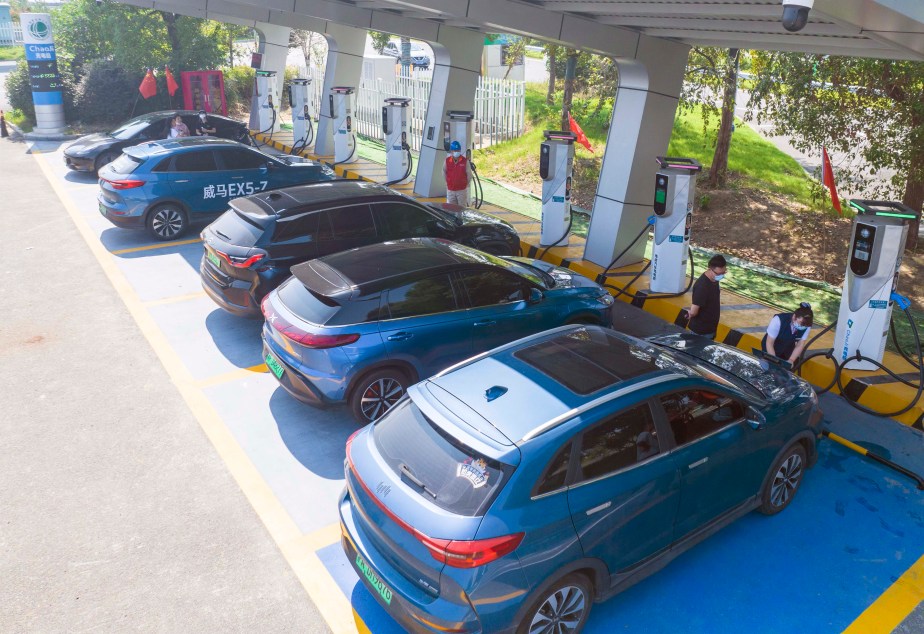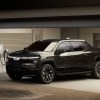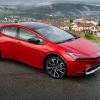
Does Heat Affect Electric Vehicles in the Same Way as Cold Weather?
Many aspects can easily affect the range of an EV. For example, it’s common knowledge to many that cold weather negatively impacts the range of EVs. However, can heat affect electric vehicles in the same way?
Cold weather plays a role in lowering an EVs range

While EVs are great for the environment, Mother Nature doesn’t always return the favor. In fact, cold weather can drop your EV’s range capability and increase charging times.
According to Recurrent Auto, “AAA tested the range effects of 20F degree weather on several popular EVs and found that temperature alone could reduce range by 10-12%, while the use of in-vehicle climate control could amplify range loss to 40%. Idaho National Labs reported that cold weather can increase charging times by almost threefold.”
As frustrating as all this is, we’re now beginning to learn that heat also plays a role in EVs’ efficiency.
Can extreme heat affect electric vehicles’ range?
Humans aren’t the only ones who suffer in hot temperatures. EV Solutions reports that your EV could lose as much as 17% of its potential driving range in hot temperatures. The temperature needs to hit around 95 degrees for this to occur, as well as the driver running the air conditioner simultaneously. If you don’t have the air conditioner on, you’re only losing around 6% to 8% of the range.
Different EVs will be affected differently, of course. For example, a Tesla spokesperson quickly pointed out that this doesn’t necessarily apply to its EVs.
If you have to drive in the heat, there are a few ways to save some potential range on your EV. One is to limit the use of features such as the stereo and air conditioning unless you absolutely need to use it.
You’ll also need to avoid speeding and try to keep your speed consistent. This means laying off the brakes and not peeling away when the light turns green.
Also, take advantage of the energy-saving settings available on your EV. Finally, limiting the weight of your EV can go a long way toward extending the range.
Depleted range is not the worst effect heat has on EVs
While your range will most likely be impacted in higher temperatures, the battery fares worse on EVs. It begins to degrade at a higher rate in hot temperatures.
This happens because the heat begins to speed up the chemical reactions, which degrade the battery. As most EV owners quickly learn, batteries are not cheap. EV batteries range from $2,700 at the lower end of the scale to $16,000 for higher-end models like the Tesla Model 3.
To extend the life of your battery when charging in hot weather, it’s recommended that you skip the Direct-current fast charger (DCFC). Instead, it would help if you opted for the slower but less degrading lower-power charging methods.
Other tips which can help include making sure your tires are properly inflated. We usually tend to check this more in the winter, but it applies just as much in the sweltering summer months.
Finally, try to store your EV in a cool location. This can be in a garage, under a tree, or someplace that offers shade.
While all this may sound alarming, it’s not as bad as you might think. Yes, the battery does begin to degrade faster. The life span of your EV won’t be shortened by much, thankfully, so you don’t need to start saving up for a new battery just yet.


